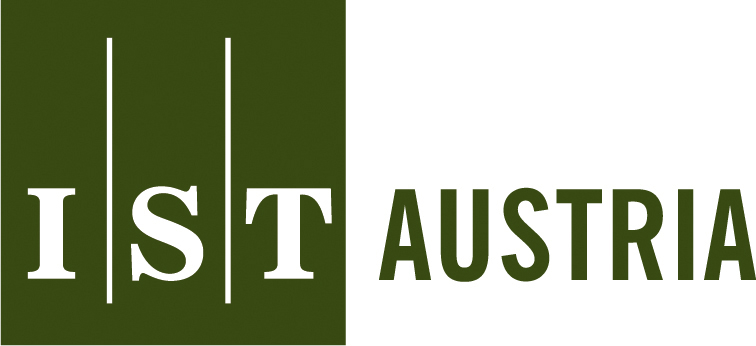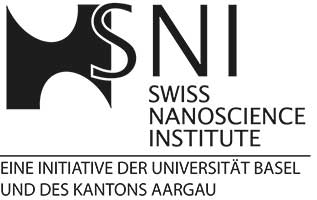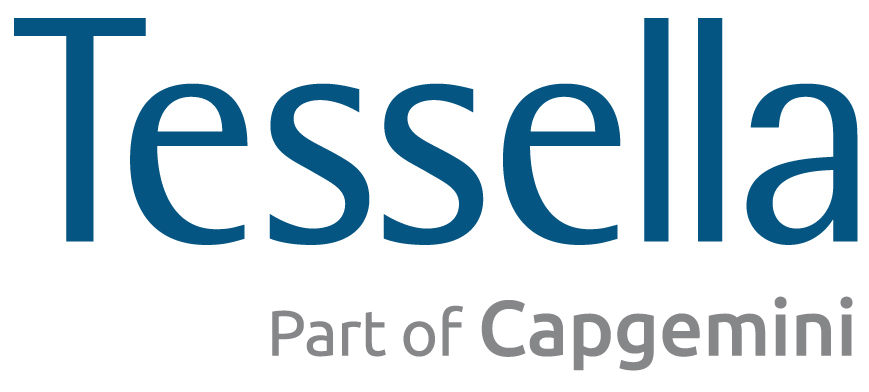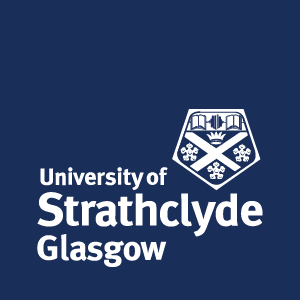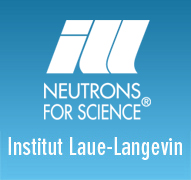The Institut Laue-Langevin (ILL), situated in Grenoble, France, is Europe’s leading research facility for fundamental research using neutrons. The ILL operates the brightest neutron source in the world, and welcomes over 2000 visits of scientists per year to carry out world-class research in a wide variety of scientific fields. Funded primarily by its three founder members: France, Germany and the United Kingdom, the ILL has also signed scientific collaboration agreements with 10 other countries.
Our group for Nuclear and Particle Physics currently has a vacancy for Post-Doctoral Fellowship – Very Cold Neutron Moderator and Instrumentation Development.
This position is funded from the European HighNESS project “Development of High Intensity Neutron Sources at the ESS”, which has the goal to enhance intensities of cold, very cold and ultra-cold neutrons (CN, VCN and UCN) for future applications in fundamental physics and condensed matter research. Within an international collaboration, ILL is involved in conceptual designs of novel VCN and UCN sources which promise large gains beyond the current state of the art. Towards this goal, the postdoctoral fellow will perform basic research on promising moderator materials using ILL’s instrument suite, and explore new concepts for neutron transport from the moderator to an experiment. The successful candidate will co-advise a HighNESS Ph.D. student to be hired timely, and also collaborate with other members of the HighNESS Consortium.
Duties
The successful candidate will be working within ILL’s Nuclear and Particle Physics (NPP) group with the following duties:
- Experiments on candidate VCN moderator materials based on deuterated clathrate hydrates which have been identified as particularly promising to deliver large gains of VCNs. The scientific goal is to find the material best suited for this application, determining the neutron scattering function S(q,w) over a wide range of cold and thermal neutron energies, and on an absolute scale. He or she will use ILL’s cold and thermal Time-of-Flight instruments and perform complementary diffraction experiments for characterization of the sample structure, and a prompt gamma activation analysis for an independent determination of the residual hydrogen content.
- Collaboration with other HighNESS Consortium members on the interpretation of the experimental results with theoretical models and implementation of the acquired knowledge in realistic models of moderator and reflector assemblies.
- Development of devices for sample preparation (production of gas clathrate hydrate samples) and a sample environment for an existing prompt-gamma activation analysis device for determination of the hydrogen content of highly deuterated, cold samples of clathrate hydrates and other materials.
- Monte-Carlo (McStas) simulations of neutron optical mirror systems for extraction of cold neutrons from small moderators. After implementation of a new system of nested multiple mirrors into the public domain MC code, a major goal is to compare its performances with traditional concepts for neutron transport to experiments, notably for a neutron-antineutron oscillation experiment planned at ESS but also for neutron scattering instruments to be analysed in collaboration with other HighNESS Consortium members.
- Publish results from the experimental works.
Qualifications and experience
The position requires a Ph.D. in experimental physics, a strong interest in development of novel instrumentation based on the fundamentals of neutron scattering and transport, and a solid understanding how to deal with experimental uncertainties in absolute measurements. Some experience in experimental research with slow neutrons would be an asset.
Language skills
As an international research centre, we are particularly keen to ensure that we also attract applicants from outside France. You must have a sound knowledge of English and will be willing to learn French (a language course will be paid for by the ILL). Knowledge of German would be an advantage.
Notes
Post-Doctoral contract of 18 months, renewable for a further 18-month period. Only candidates holding a PhD obtained less than 2 years ago are eligible for post-doctoral positions.
Medical fitness for work under ionising radiation is required.
This post is located in Grenoble, France and can be subject to administrative screening.
Starting date is flexible (ideally September 2020).
Further information can be obtained by contacting Dr. Oliver Zimmer, tel.: +33(0)4.76.20.74.29, e-mail: zimmer@ill.fr(please do not send your application to this address).
Benefits
Generous company benefits (expatriation allowance), relocation assistance and language courses may be offered (for more information, please consult our employment conditions).
How to apply
Please submit your application on line with a list of publications, a two pages research statement and the names of 3 references, including one from your present work place, no later than 12.07.2020, via our website (vacancy reference: 20/29).
We are committed to equal opportunity and diversity; we therefore encourage anyone with relevant qualifications to apply.
Expired
